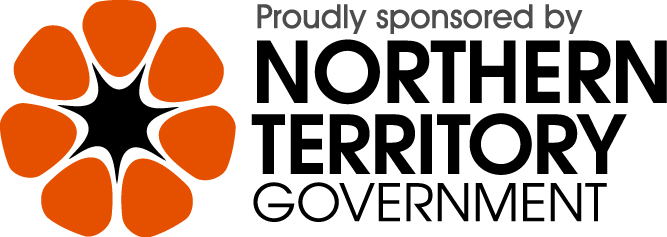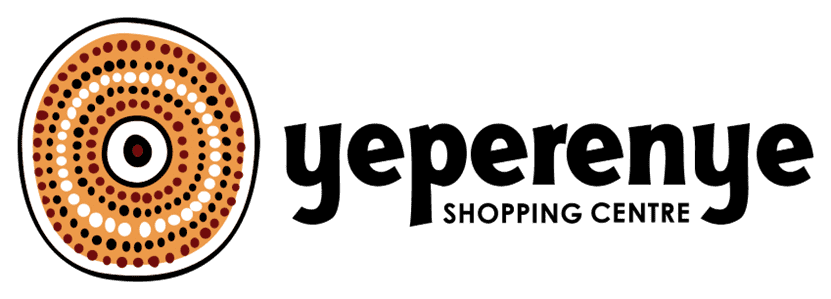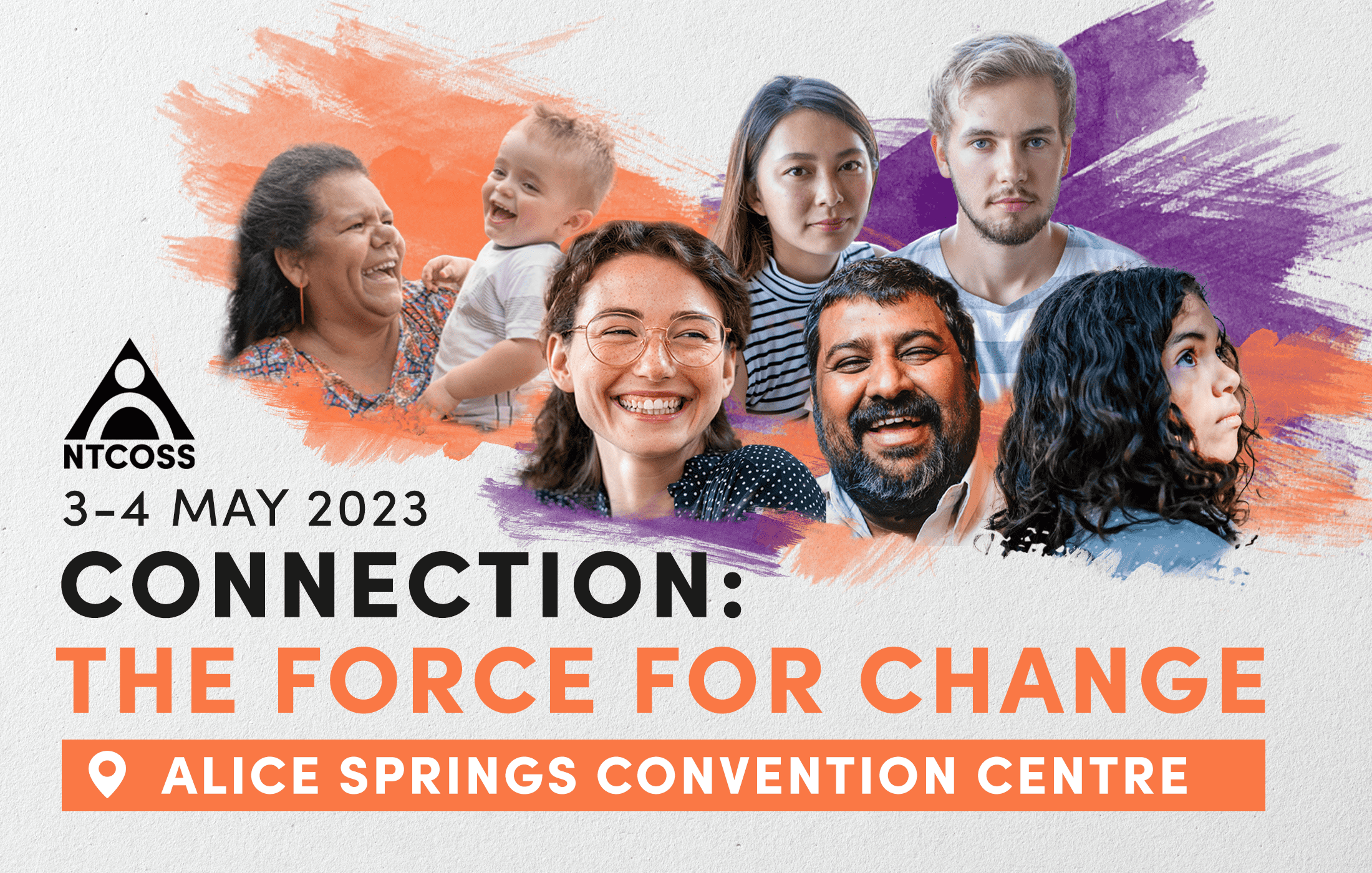
Bringing together leaders and innovators, practitioners, policy-makers and researchers from the community, social services and justice sectors and government alike, this conference promises to cast fresh perspectives and provide critical reflection on how we can actively and effectively build paths out of poverty.
Conference Speakers and Innovations with Impact Presenters

Professor Sarah Maddison
Professor of Politics, University of Melbourne
Sarah Maddison is Professor of Politics in the School of Social and Political Sciences, and co-Director of the Indigenous Settler Relations Collaboration at the University of Melbourne.
Sarah is particularly interested in work that helps reconceptualise political relationships between Aboriginal and Torres Strait Islander peoples and the Australian settler state, including critical examinations of a range of relevant public policies. She has published widely and is the author or editor of nine books including most recently The Colonial Fantasy: Why white Australia can’t solve black problems. She has also published The Limits of Settler Colonial Reconciliation (2016), Conflict Transformation and Reconciliation (2015), Beyond White Guilt (2011), Unsettling the Settler State (2011), and Black Politics (2009).
Sarah has led numerous research projects including research with The Australia Institute examining the ways in which civil society advocacy was being silenced by the Howard government, published in 2007 as the edited collection Silencing Dissent. In 2017 she worked with ProBono Australia and the Human Rights Law Centre to repeat this research and produced the report Civil Voices.
Sarah is also the current President of the Australian Political Studies Association.

Emma Dawson
Executive Director Per Capita
Emma Dawson is the Executive Director of Per Capita. Formerly, she was a senior advisor on Digital Inclusion at Telstra, Executive Director of the Institute for a Broadband Enabled Society at the University of Melbourne, and a senior policy advisor in the Rudd and Gillard governments.
Emma has published articles and opinion pieces on a wide range of public policy issues, which have appeared in the Sydney Morning Herald, The Age, the Guardian, The Australian, and a number of online publications. She is a regular panellist on The Drum on ABC TV and various Sky News programs.
Emma holds a BA with First Class Honours from LaTrobe University and an MA with Distinction from Monash. She sits on the board of the Prader-Willi Research Foundation Australia and is an Honorary Fellow in the School of Social and Political Sciences at the University of Melbourne.
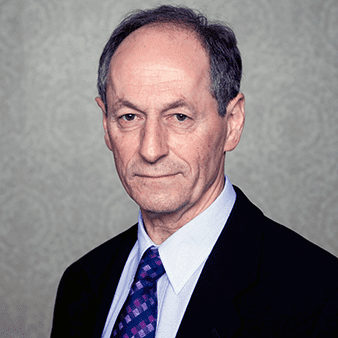
Sir Michael Marmot
MBBS, MPH, PhD, FRCP, FFPHM, FMedSci
Director of the International Institute for Society and Health. MRC Research Professor of Epidemiology and Public Health, University College, London.
Michael Marmot has led a research group on health inequalities for the past 30 years. He is Principal Investigator of the Whitehall Studies of British civil servants, investigating explanations for the striking inverse social gradient in morbidity and mortality.
He leads the English Longitudinal Study of Ageing (ELSA) and is engaged in several international research efforts on the social determinants of health. He chairs the Department of Health Scientific Reference Group on tackling health inequalities. He was a member of the Royal Commission on Environmental Pollution for six years and is an honorary fellow of the British Academy.
In 2000 he was knighted by Her Majesty The Queen for services to Epidemiology and understanding health inequalities. Internationally acclaimed, Professor Marmot is a Vice President of the Academia Europaea, a Foreign Associate Member of the Institute of Medicine (IOM), and the Chair of the Commission on Social Determinants of Health set up by the World Health Organization in 2005.
He won the Balzan Prize for Epidemiology in 2004, gave the Harveian Oration in 2006 and won the William B. Graham Prize for Health Services Research in 2008.
Michael will be joining the 2019 NTCOSS via pre-recorded video presentation.

Professor Rebecca Ivers
Professor of Public Health, Faculty of Medicine, UNSW, Sydney
NHMRC Senior Research Fellow
Head of School, School of Public Health and Community Medicine, UNSW, Sydney
Honorary Professorial Fellow, The George Institute for Global Health
MPH PHD AUSTRALIA
Professor Rebecca Ivers is an injury epidemiologist and public health research leader.
Recognised internationally for her expertise in injury prevention and trauma care, Ivers designs and leads large observational studies and randomised trials focusing on injury both in Australia and in low- and middle-income countries in Asia.
In Australia, she has led large pragmatic trials across multiple areas of injury and is currently leading NHMRC funded work on fall prevention in older Aboriginal people, and on burn care in Aboriginal and Torres Strait Islander children, focusing on patient outcomes and development of culturally safe models of care. Her work on the development and implementation of driver licensing support programs for young Aboriginal people has directly influenced government funding of support programs across multiple states. Her work has substantially improved understanding relating to the burden of and risk factors for injury in many countries and informed policies for improving safety and injury globally.
With strong links and collaborations across industry and Government and an outstanding track record in attracting research funding from both peer-reviewed sources and industry, Ivers is unique in her ability to lead highly impactful, cutting edge research, both in Australia and globally.

Professor James Smith
Head of the Alcohol, Other Drugs and Gambling team at Menzies School of Health Research
Professor James Smith is a Father Frank Flynn Fellow (Harm Minimisation) and Head of the Alcohol, Other Drugs and Gambling team at Menzies School of Health Research. Prior to this appointment, he held roles as Equity Fellow and Program Manager within the Office of Pro Vice-Chancellor – Indigenous Leadership (OPVC-IL) at Charles Darwin University (CDU). He has also held senior management and executive roles in both government and non-government contexts across the Northern Territory over the past decade.
James is the Deputy Chair of the Community Advisory Council of the NT Primary Health Network; and Member of the NT Local Advisory Board of the Heart Foundation. He is recognised nationally for his contribution to health promotion. He is a Fellow of the Australian Health Promotion Association (AHPA) and has held positions as Branch President in SA and the NT, and as National Vice President. James is also the current Editor-in-Chief of the Health Promotion Journal of Australia.
He has won a range of accolades for his work in Indigenous education, research, health promotion, community engagement and men’s health. This includes a 2019 Fulbright Award to examine health promotion strategies aimed at reducing health inequities among young men of colour. He is a strong advocate for action on the social determinants of health.
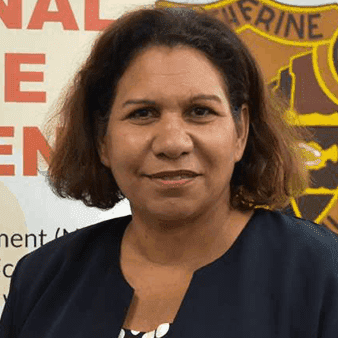
Leanne Liddle
Director, Aboriginal Justice Unit, NT Department of the Attorney General and Justice
Leanne is an Arrernte woman born and raised in Alice Springs with academic qualifications in Environmental Science, Law and Management, but she believes her most important knowledge has come from her grandmother and great-grandmother who taught her traditional land management skills, particularly with the use of fire.
Leanne has served in other senior public service roles, including as the manager of Food Security for Aboriginal communities in South Australia, and the manager of the APY and West Coast regions of South Australia both within the Department for Premier and Cabinet. She was also the first Aboriginal policewoman in South Australia where she worked for over a decade as a Senior Constable in remote and Adelaide police stations. Leanne has worked on the international circuit; for the United Nations with stints in Geneva, New York and Paris with UNESCO, and as a director for Bush Heritage Australia.
She has published several scientific papers on the critical importance of integrating Aboriginal science into landscapes. Since returning to Darwin with her family, Leanne has worked as the Senior Policy Advisor for the Northern Land Council, the Principal Legal Policy Officer in the Department of the Attorney General and Justice, where she is the Director of the Aboriginal Justice Unit.
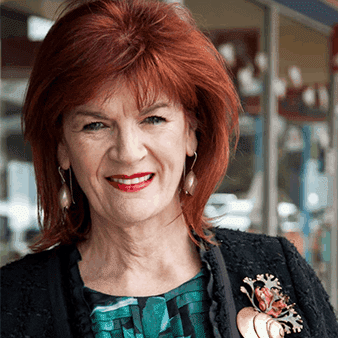
Debra Cerasa
CEO, Jobs Australia
Debra Cerasa is a highly qualified senior executive with a diverse resume of experience.
Her appointment to Jobs Australia Ltd in late 2018 saw her shift focus from the health sector to employment services. Having held various executive leadership positions including CEO of Otway Health, CEO of Multiple Sclerosis Australia, and CEO of the Royal College of Nursing Australia, Debra also held the position of International SOS in Indonesia as the Country Clinic Manager. She has also held a plethora of board roles across the health sector.
Following her general nursing training at Deniliquin NSW, Debra has since gained a variety of clinical experience including certificates in intensive care and midwifery. This included education roles in several Melbourne-based hospitals; as well as owning her own private midwifery practice. Debra’s belief that access to health care and education is a fundamental human right, not a privilege. This focus is what motivates her in her professional endeavours. This further supports her values that all people have a right to social justice, housing, employment and good health.
Debra is also regarded by many as an innovative change agent who believes that progress in health and well-being can be inspired by the everyday stories of real people.

Shannan Dodson
Communications Manager for the Pro-Vice-Chancellor (Indigenous Leadership and Engagement) Office at the University of Technology Sydney.
Shannan Dodson is a Yawuru woman. She’s worked in Aboriginal and Torres Strait Islander affairs for over 13 years and is a Communications and Digital specialist.
She is the Communications Manager for the Pro-Vice-Chancellor (Indigenous Leadership and Engagement) Office at the University of Technology Sydney. Before this, she was the Social Media Manager for the successful YES Marriage Equality Campaign and a Communications Advisor with The Healing Foundation that supports Stolen Generations members, communities and families.
She is a national NAIDOC Committee member and the Indigenous Affairs Advisor for Media Diversity Australia.

Maya Newell
Director / Impact Producer
Maya is an Australian filmmaker with a focus on social impact documentary.
She has directed award-winning short documentaries, Two (AFI Docs, Slamdance, Winner AIDC emerging talent) and Growing Up Gayby (ABC TV) and her feature documentary Gayby Baby (2015).
Gayby Baby was selected for GoodPitch² Australia 2014, premiered at Hot Docs, screened at London BFI, Doc Leipzig, Doc NYC, is on Netflix US and reached No. 1 on iTunes doc charts during it’s UK release. In Australia, the film famously caused a national stir when it was banned by the Australian State Government and is acknowledged as significant in the fight for Marriage Equality and Adoption Equality in Australia.
Her recent feature doc, In My Blood It Runs was selected for Good Pitch Australia 2016, the Sundance Documentary Fund and premiered at Hot Docs Film Festival. Guided by the Arrernte and Garrwa families onscreen, the film will roll out throughout 2019/20 with an impact strategy to push for the agency of First Nations children, families and communities to control the decisions that affect their lives.

Nick Turner
Communications and Community Engagement Officer
Office of the Children’s Commissioner, Northern Territory
Nick Turner has spent the past nine years working across the tertiary education, international development and government sectors. A media and communications specialist and passionate storyteller, Nick is currently working with the Office of the Children’s Commissioner as its Communications and Community Engagement Officer.
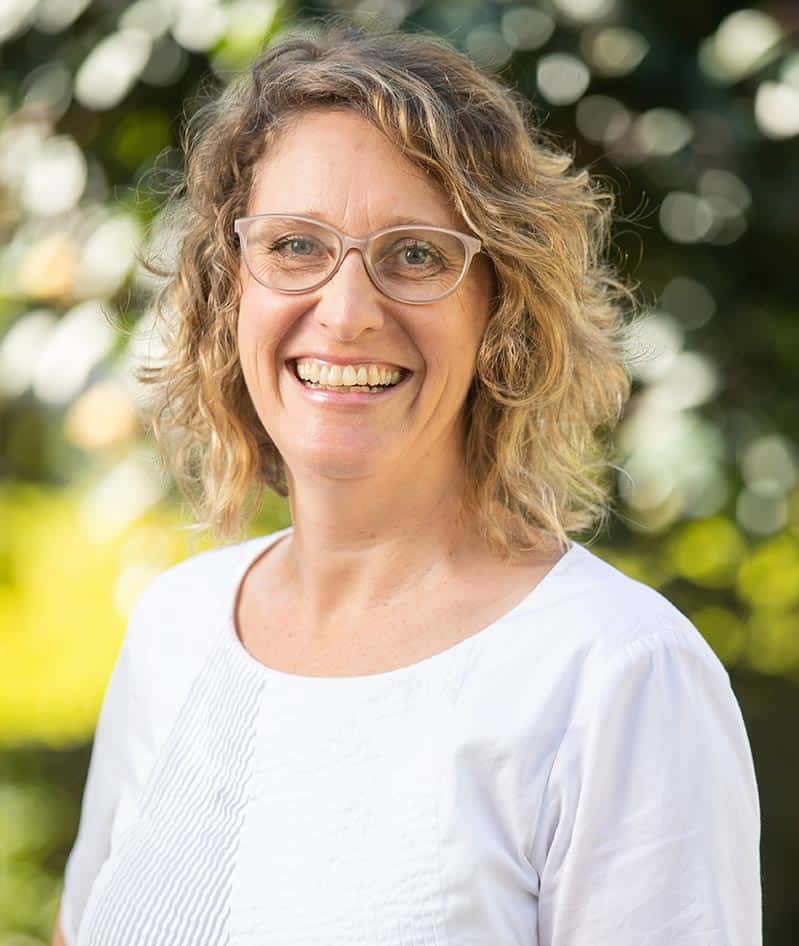
Vicki Kerrigan
Project Manager, Social Media to enhance Indigenous Tobacco Control
Vicki Kerrigan believes stories have the power to inspire positive change. She has two decades of experience as a reporter and presenter at ABC Radio stations across the country including 8 years as the presenter of the Drive Shift (4-6pm weekdays) on ABC Darwin. It was during this time, she realised “whitefella” journo’s (herself included) struggle to tell Aboriginal stories well. So began her research journey exploring the factors which affect how non-Indigenous Australians communicate with Aboriginal Australians particularly in the Top End.
She is currently undertaking a PhD in which she is exploring the barriers to effective communication between Aboriginal patients and hospital based doctors in Darwin and the power of patient stories to challenge the negative narratives relating to patients which fertilise institutional and individual racism. Vicki has developed qualitative research skills through her work at Menzies School of Health Research. She is an experienced workshop facilitator, having worked in remote Top End Aboriginal communities to co-produce health promotion videos with community members. She’s lived in Darwin for over a decade, prefers the wet season over the dry and has a cat called Emilio. When she was little she dreamt of becoming an archaeologist, she liked the idea of digging up stories.

Lisa Fowkes
Director, Employment Initiatives, Social Ventures Australia
Lisa Fowkes spent many years as a senior manager in, and then as a consultant to employment services, before researching and writing a research project on what is now called the Community Development Program or ‘CDP’.
Since 2016 she has been assisting a coalition of organisations, including APO NT and ACOSS, to develop and advocate for an alternative to the scheme. This work continues.
She currently works as the director of employment initiatives at Social Ventures Australia.

Leeanne Caton
CEO, Yilli Rreung Housing Aboriginal Corporation
Leeanne is a Kalkadoon Woman who was raised and educated in Darwin. She has Family and Cultural connections in the NT, SA, WA and Qld.
Leeanne has worked in the Aboriginal Affairs arena, operationally, strategically and in senior management in the NT, WA and Commonwealth governments, across all social indicator areas over the past thirty years, inclusive of Aboriginal Housing.
In April 2018, Leeanne commenced in the role of CEO of Yilli Rreung Housing Aboriginal Corporation. The organisation has been in operation for fifteen years and has just achieved it’s 10th “Unqualified Audit”. Yilli Rreung Housing provides property management services to over two hundred properties in the Darwin and greater Darwin region and has recently achieved registration under the National Regulatory System for Community Housing.
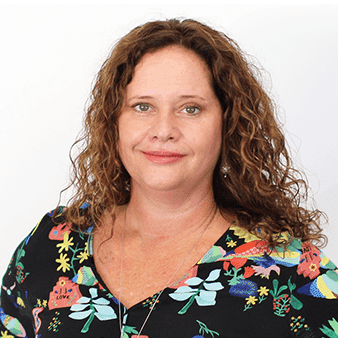
Danyelle Jarvis
Executive Director Town Camps Futures Unit, Department of Housing and Community Development
Danyelle has over 25 years of experience working in the public and private sectors in strategic policy reform and service delivery.
Danyelle has effectively managed multi-disciplinary and culturally diverse teams and have worked extensively in the Indigenous and human services sectors in Australia and overseas.
She has a Masters in International and Community Development and Post-grad in Psychology and is the Executive Director for the newly established Town Camps Futures Unit.
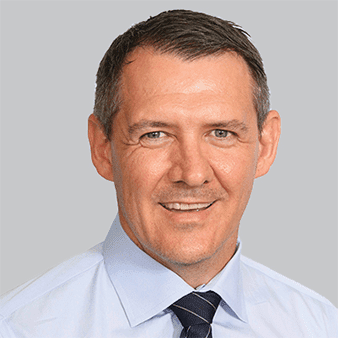
Hon Michael Gunner
Chief Minister of the Northern Territory
Michael Gunner is the member for Fannie Bay and the Chief Minister of the Northern Territory. He is a fourth generation Territorian whose family have lived and worked here since the 1930s.
Michael was first elected to the Northern Territory Legislative Assembly in August 2008 becoming Leader of the Northern Territory Branch of the Australian Labor Party in 2015 and was elected Chief Minister of the Northern Territory on 31 August 2016.
As Labor leader, Michael’s key approach is to seek a rational balance to policy development. This approach is also based on applying broadly based principles of social equity.
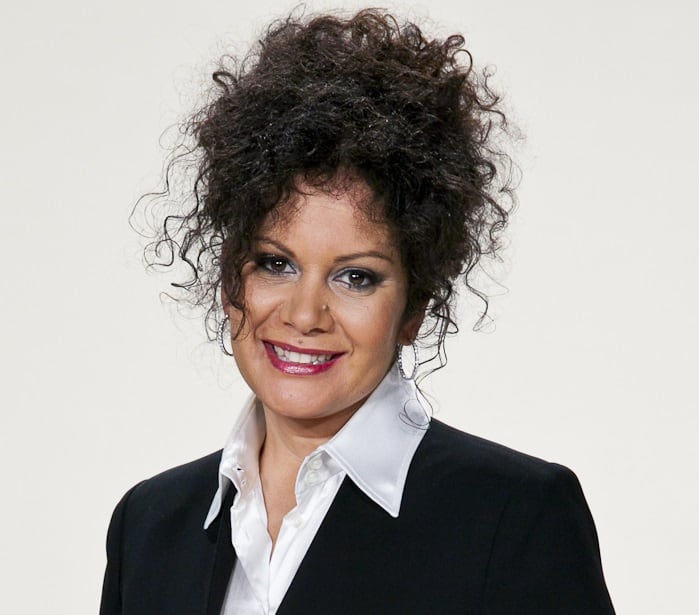
Senator Malarndirri McCarthy
Senator for the Northern Territory
Deputy Opposition Whip in the Senate
Senator Malarndirri McCarthy is a Yanyuwa woman from the Gulf country in the Northern Territory. She first entered the public sphere as a journalist, working as a television news and current affairs presenter for the ABC and more recently for SBS/NITV. Senator McCarthy was elected to the Northern Territory Legislative Assembly as the Member for Arnhem in 2005. During her seven years in the Assembly, she held the Ministerial Portfolios of Local Government, Regional Development, Indigenous Development, Tourism, Women’s Policy and Statehood. As a Cabinet Minister she drove change and reform in the child protection system and in Homelands policy; developed tourism as a stronger economic driver; and grew jobs in the bush. She was elected as Senator for the Northern Territory in August 2016. Her first speech in the Senate was applauded for highlighting the struggles of recognition and land rights for First Nations people. Senator McCarthy is the first politician to list ownership of traditional Indigenous lands as part of declarations of interest in Federal Parliament.
Her experiences bring unique perspectives to the role of Labor Senator for the NT, a familiarity with the challenges and opportunities facing Territorians, and the perseverance and determination to drive change.
Ms McCarthy’s focus is to bring communities together and ensure remote communities are engaged with and listened to on a national level.
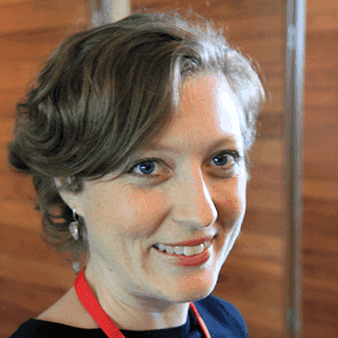
Jacqueline Phillips
Director of Policy and Advocacy, Australian Council of Social Service
Jacqueline Phillips joined ACOSS as the Director of Policy and Advocacy in August 2013, managing ACOSS’ policy work and advocacy strategy across social, economic and environmental policy issues. Jacqueline has a long history of involvement with the COSSes, having previously worked as a Policy Officer at ACOSS and the ACT Council of Social Service (ACTCOSS).
She has policy expertise across a range of areas including income support, family payments, child care, housing and homelessness and Aboriginal and Torres Strait Islander policy issues.
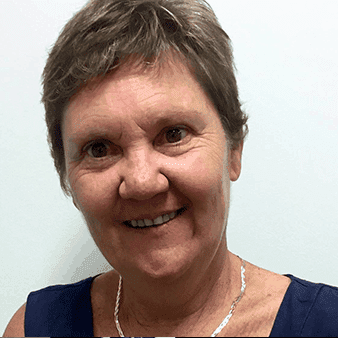
Wendy Morton
Executive Director, Northern Territory Council of Social Service
Wendy Morton has been Executive Director for Northern Territory Council of Social Service since 2005. Wendy works on a broad range of issues affecting vulnerable Northern Territorians including alcohol, housing, disability, youth, justice, mental health and child protection.
Before leading NTCOSS, Wendy worked for eight years as the Disability Discrimination Advocate and Outreach Worker at Darwin Community Legal Service. Prior to that, she worked primarily in the disability sectors in the NT and QLD. Wendy holds a Bachelor of Arts (CQU) and a Graduate Diploma in Community Welfare (JCU). She is a Member of the Australian Institute of Company Directors.
Innovations with Impact – profiling the work of local initiatives
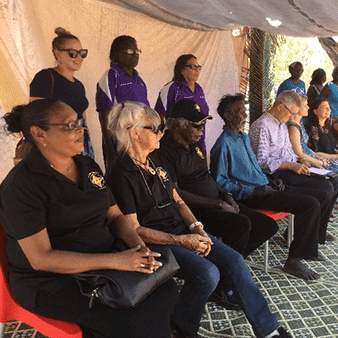
Djakapurra Munyarryun and Terry Yumbulul
Mikan
East Arnhem Child Protection Reference Group – Working in partnership with Territory Families together to keep children safe
Mikan has been operating since mid-2017, before being funded by Territory Families earlier this year.
Mikan members volunteer their time on a monthly basis, meeting to discuss child protection concerns within the East Arnhem and Arnhem office region. The members consist of 17 Yolngu leaders extending from the 24 clans in East Arnhem.
Mikan looks at high-risk child protection cases and works with caseworkers for a culturally safe approach, Mikan guides Territory Families to explore all the strengths in a childs family and community for better outcomes. Mikan emphasises the importance of Aboriginal people taking a leadership role in decision making about the care of their children.
Through Mikan, Yolngu communities have the opportunity to participate in, influence, shape and change Territory Families child protection processes and have direct input into decision making regarding casework with families and children.

Shirleen Campbell and Carmel Simpson
The Tangentyere Women’s Family Safety Group
Shirleen Campbell is an Aboriginal Women from Hoppy’s Camp Alice Springs. Shirleen was born in 1981, is a mother of 5 and a grandmother of 1. Shirleen is a Warlpiri and Anmatyerre woman from her Dad’s side and Arrente and Luritja from her mother’s side. Shirleen has been a Leader on the Tangentyere Women’s Family Safety group since 2015 and was employed as the Co-ordinator in 2017. Shirleen is a strong voice and advocate for women and children in the area of family and domestic violence and wants to see visibility for Aboriginal women and their stories. Shirleen works from the grass-roots to close the gap for Aboriginal people and is a strong advocate for two-way learning, which means sharing knowledge, stories and skills across all cultures so that we can all learn and value what each of us bring.
Carmel Simpson has lived and worked in Alice Springs for the past 10years (since 2009), is raising 2 young children in Alice Springs and has worked with Tangentyere Council since 2012. Carmel works alongside Shirleen Campbell, as the Co-coordinators of the Tangentyere Women’s Family Safety Group through a two-way learning approach. Carmel completed a Master’s Degree in International and Community Development through Deakin University in 2011 and is currently studying a Master’s Degree in Social Work through Flinders University. Carmel works from community development, intersectional feminist and human rights-based approach and is very passionate about working in the area of primary prevention of family and domestic violence and in supporting the Tangentyere Women’s Family Safety Group’s work so that the voices, faces and stories of Aboriginal Women are amplified, visible and prioritised.
The Tangentyere Women’s Family Safety Group (TWFSG) was developed out of a need identified by female Town Camp residents for a voice and action on Family and Domestic Violence issues. The Tangentyere Women’s Family Safety Group programs’ direction and development have been very organic and has worked from a strengths-based approach acknowledging and celebrating the skills, knowledge, history, assets, connections and relationships that Town Camp residents have. Our core members of the Tangentyere Women’s Family Safety Governance Group are all Indigenous Women and Town Camp residents.
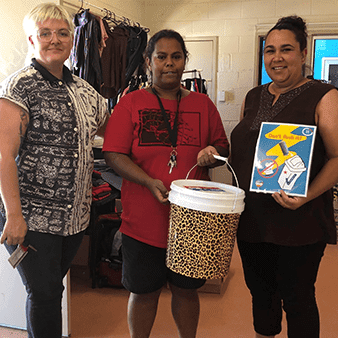
Thea McDiarmid
The Central Australian Youth Linkup Service – Menstrual Hygiene Management Program
The Central Australian Youth Link-up Service (CAYLUS) aims to support community initiatives that improve the quality of life and address substance misuse affecting young people in Central Australia. Operational across the Southern Region of the Northern Territory our small team works with service providers in Remote communities supporting the programs, workers and initiatives that serve young people.
Menstrual Hygiene Management (MHM) is a global social and health movement that supports the fundamental right of women, girls and people who menstruate to the facilities, resources, education and advocacy that they deserve free of stigma. CAYLUS recognises that Women and Girls in Central Australia were facing unique barriers to Menstrual Hygiene Management and have worked with individuals, communities and service providers to develop resources, programs and provide access to increase engagement and support for people who menstruate.
Thea McDiarmid the CAYLUS youth and community development worker coordinates the MHM program, they bring their experience, advocacy and regional knowledge to the role and will be contributing to the panel discussion.
Thea will be joining the conference via video link.

Dr Alice Mitchell
Take Heart Project
Rheumatic Heart Disease (RHD) is a largely invisible disease that threatens the lives of over 30 million children and young people around the world. Australia has among the highest rates of RHD worldwide, especially amongst Aboriginal and Torres Strait Islander youth. Many of these are young people face a lifelong treatment regime of monthly antibiotic injections and daily blood-thinning medication. Because of lifestyle factors, they often struggle to maintain this regime, meaning their long-term health is at great risk. Between 30-40 youths with RHD per year travel from the Northern Territory to The Royal Children’s Hospital in Melbourne for surgery. The Take Heart Project is getting this message out.
Dr Alice Mitchell has blended the disciplines of Applied Linguistics, Public Health and Midwifery/Nursing. Her expertise is in cross-cultural connecting for Health. This expertise was developed in Kenya, around HIV, and in Northern Australia, around Rheumatic Heart Disease, and other health conditions. Alice works as a post-doctoral researcher on Rheumatic Heart Disease projects with Menzies School of Health Research, Darwin, Australia.
Alice moved from Melbourne to Arnhem Land in her early 20’s with a 5-week-old baby in arms. Living with and being adopted into one of the Aboriginal clans in Arnhem Land enabled her to learn their language. Being in close connection with Aboriginal people over formative years enabled Alice to gain insights into the worldview and complexities of life of the Arnhem Land people, as well as their current situations.
Alice worked as an advisor and evaluator on the project “Take Heart – the Quest to rid the world of RHD”.

